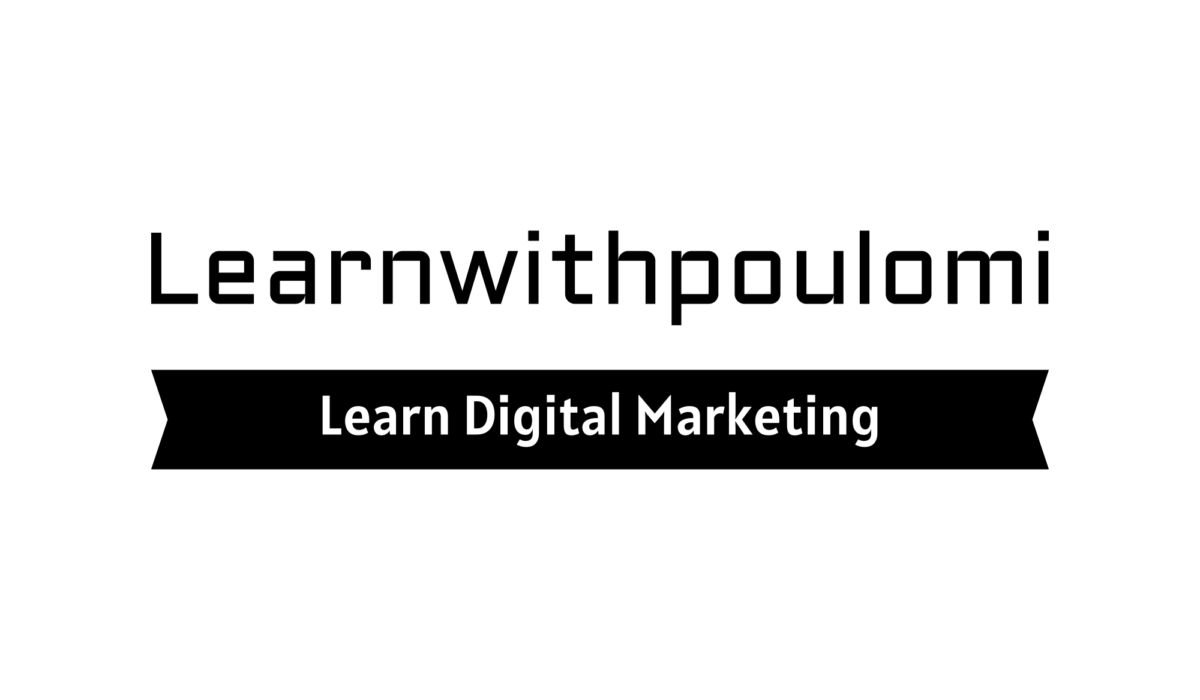In 2024, artificial intelligence (AI) has become an indispensable asset in the realm of digital marketing. From automating mundane tasks to enhancing customer experiences and driving real-time data analysis, AI has revolutionized how businesses interact with their audience. The growing significance of AI in digital marketing is a key trend that marketers must leverage to stay competitive.
Why AI is Essential in Digital Marketing
-
- Personalization at Scale
AI enables marketers to offer personalized experiences on a massive scale. By analyzing customer behavior and preferences, AI-powered tools can tailor content, ads, and product recommendations to individual users. This level of personalization enhances customer engagement, driving higher conversion rates and brand loyalty.
- Personalization at Scale
-
- Efficient Data Analysis
Marketers are inundated with data from various channels—social media, websites, emails, and more. AI algorithms can process vast amounts of data quickly, extracting meaningful insights that inform decision-making. With AI, marketers can analyze customer journeys, predict future trends, and optimize campaigns based on real-time performance metrics.
- Efficient Data Analysis
-
- Cost-Effectiveness and Automation
Automating repetitive tasks, such as sending emails or managing ad bids, allows marketers to focus on strategy and creativity. AI tools like chatbots, predictive analytics, and programmatic advertising reduce the time and cost associated with manual processes. This leads to better resource allocation and more efficient marketing efforts.
- Cost-Effectiveness and Automation
-
- Improved Customer Support
AI-powered chatbots have transformed customer service by offering real-time assistance and handling a wide range of queries. These bots can interact with customers 24/7, resolving issues faster and providing a seamless experience. They also help businesses save on operational costs while enhancing customer satisfaction.
- Improved Customer Support
- Predictive Analytics for Proactive Marketing
Predictive analytics powered by AI allows marketers to anticipate customer needs before they arise. By analyzing past behavior and trends, AI can help predict which products or services a customer is likely to need in the future, enabling businesses to offer timely and relevant solutions. This shift from reactive to proactive marketing can significantly improve customer retention.
-
- How Digital Marketers Can Implement AI in Their Work
-
- AI-Powered Content Creation and Curation
AI tools like natural language processing (NLP) can assist in generating content that resonates with target audiences. These tools can analyze popular trends and suggest relevant topics, headlines, and keywords for blog posts, social media content, and more. Additionally, AI can curate content by recommending articles, videos, or products based on users’ preferences, improving content relevance and audience engagement.
- AI-Powered Content Creation and Curation
-
- Programmatic Advertising
Programmatic advertising uses AI to automate the buying and placement of ads across digital platforms. It leverages data to determine the best time, place, and audience for ads, ensuring that businesses reach the right consumers at the right time. Marketers using AI-driven programmatic ads can maximize their ROI by delivering targeted messages and reducing wasted ad spend.
- Programmatic Advertising
-
- Voice Search Optimization
With the rise of AI-powered voice assistants like Siri, Alexa, and Google Assistant, optimizing for voice search has become crucial. Marketers can use AI to understand conversational queries and adapt their SEO strategies accordingly. This involves focusing on long-tail keywords, natural language, and providing concise answers to common voice search questions.
- Voice Search Optimization
-
- Predictive Lead Scoring
AI can help marketers prioritize leads by scoring them based on their likelihood to convert. By analyzing historical data and identifying patterns, AI systems can predict which leads are most promising, allowing sales teams to focus their efforts on prospects with the highest potential. This leads to more efficient sales processes and improved conversion rates.
- Predictive Lead Scoring
- Enhanced Customer Segmentation
AI can refine customer segmentation by analyzing behavioral and demographic data more deeply. Traditional segmentation strategies rely on basic factors like age, gender, or location, but AI can analyze more complex patterns, such as online behaviors, interests, and purchasing habits. This advanced segmentation enables marketers to create more targeted and personalized campaigns.
-
- Challenges of AI Adoption in Digital Marketing
-
- While AI offers numerous advantages, there are also challenges marketers must address. These include:
-
- Data Privacy Concerns: As AI relies heavily on customer data, marketers must ensure they are complying with privacy regulations like GDPR or CCPA.
-
- Initial Investment: Implementing AI technologies can be costly, particularly for smaller businesses, as it requires the integration of advanced tools and platforms.
- Skill Gap: Marketers must be equipped with the skills to effectively use AI tools and interpret data-driven insights. Training and upskilling are essential to maximize AI’s potential in marketing strategies.
- Conclusion
-
- AI in digital marketing is no longer a futuristic concept—it’s a necessity in 2024. With the ability to personalize campaigns, automate processes, and deliver insightful data, AI empowers marketers to be more strategic and effective in their efforts. By implementing AI in content creation, programmatic advertising, customer segmentation, and predictive analytics, digital marketers can stay ahead of the curve and achieve their business goals in a competitive landscape.
-
- Marketers who embrace AI now will not only improve their efficiency and ROI but also create more meaningful connections with their audiences. The future of digital marketing is here, and it’s powered by A




